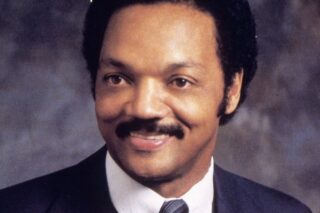Image via Netflix: “The Piano Lesson” official promotion poster
By Freddrell Green, Arts & Entertainment Editor
Malcolm Washington’s “The Piano Lesson” is the first film adaptation of the 1987 play by August Wilson. Starring Samuel L. Jackson, John David Washington, Ray Fisher, Corey Hawkins and Danielle Deadwyler, the ensemble cast navigate life with the Charles family’s piano—a metaphor for unity and division through a family’s birthright.
The film takes place in 1936 in Pittsburgh, PA. The Charles family is divided on the true purpose of their family heirloom, setting up for a dynamic struggle for understanding between Boy Willie Charles (Washington) and Berniece Charles (Deadwyler).
Washington’s character sought to sell the piano and make a better life for himself. He wanted to use the money to claim the land that his ancestors worked on as slaves to the Sutter family.
Deadwyler’s character is against selling the piano. She brings a familiar sense of disdain for the past struggles that her family had to endure from the Sutter family and the piano. Both brother and sister are unified by a legacy of trauma passed down from generation to generation.
Jackson’s performance as Doaker Charles provides a comedic rapport that is rooted in an inherent tolerance for the strife that his niece and nephew perpetuate. Seeing Jackson in this light brings relevance to the role of Black men as symbols of perseverance in their families.
While Fisher didn’t contribute to the main plot entirely, his presence as a supporting character was unforgettable. Coming from a working-class background in Mississippi, Lymon (Fisher) gave a first-person analysis into a Black man’s migration to the north in search of a better life.
Hawkins’ role as pastor Avery Brown brought the supernatural elements of the Charles family’s piano to the forefront. He serves as a personal and spiritual guide to Deadwyler’s character, helping her through her generational trauma. As the film culminates, this same spiritual foundation would echo over to Deadwyler’s character as she musters the courage to play the piano and allow for the memory of her ancestors to cleanse her home of James Sutter’s (Jay Peterson) spirit.
This star-studded performance succeeded in keeping Wilson’s legacy intact for many more years to come. With the Washington family preparing to adapt more of his works, Black cinema will continue to prosper.
Copy Edited by Editor-in-Chief, Colin Royal















